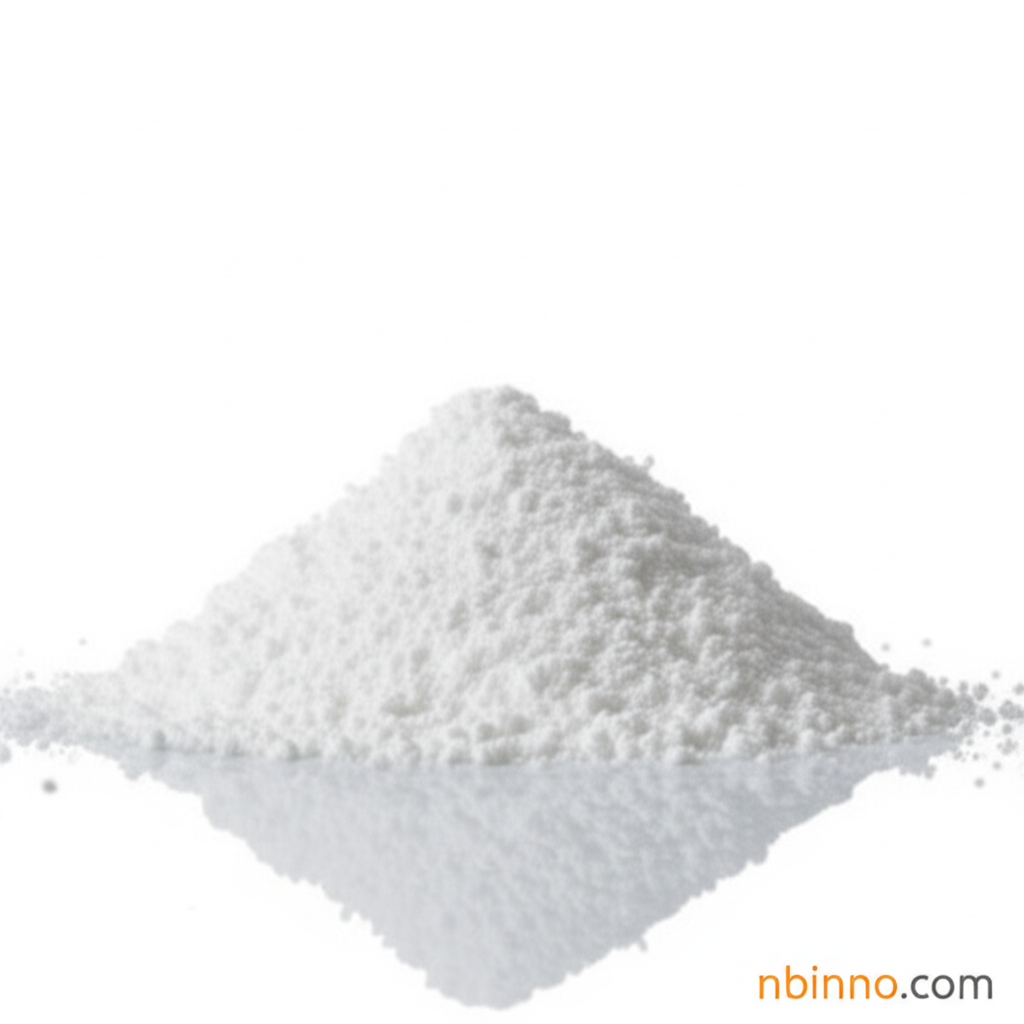Cellulose Acetate Propionate (CAP): Properties, Applications, and Industrial Uses
Discover the versatile nature of Cellulose Acetate Propionate (CAP), a key organic intermediate with CAS No. 9004-39-1. Explore its unique properties and wide-ranging industrial applications.
Get a Quote & SampleProduct Core Value

Cellulose Acetate Propionate
As a reliable supplier in China, we offer Cellulose Acetate Propionate (CAP), an essential organic chemical intermediate. Its white powder appearance and specific properties make it a sought-after material across various industries. We understand the critical role of high-quality chemical intermediates in ensuring product performance and reliability.
- Understanding the unique Cellulose Acetate Propionate properties is crucial for optimizing its use in various manufacturing processes.
- We provide detailed insights into CAS 9004-39-1 applications, helping our clients leverage this versatile compound effectively.
- Explore the industrial uses of CAP, where its excellent molding characteristics and strength offer significant advantages over alternatives.
- As a leading manufacturer in China, we ensure consistent quality for your critical manufacturing needs.
Key Advantages Offered
Enhanced Molding Characteristics
CAP exhibits superior molding characteristics compared to its counterparts, simplifying complex manufacturing processes and improving product finish. This is a key factor when considering plastic molding characteristics.
Superior Material Properties
With slightly higher strength and modulus of elasticity, CAP is ideal for applications demanding durability and resilience. This aligns with the demand for high-performance chemical intermediates.
Versatile Application Range
From creating molded parts like steering wheels to producing transparent sheeting for food packaging, CAP's adaptability makes it a valuable asset in the chemical manufacturing sector.
Key Applications
Molded Parts Manufacturing
Leveraging its excellent molding characteristics, CAP is used to produce various durable molded parts, contributing to the efficiency of plastic molding characteristics.
Packaging Solutions
Transparent sheeting made from CAP is widely used for blister packaging and food containers, showcasing its utility in advanced packaging materials.
Ink and Coating Formulations
CAP serves as a crucial component in inks and coatings, enhancing their performance and finish, vital for industries relying on high-performance coating resins.
Pharmaceutical Applications
As an excipient, CAP plays a role in pharmaceutical formulations, highlighting its versatility in specialized chemical markets.
